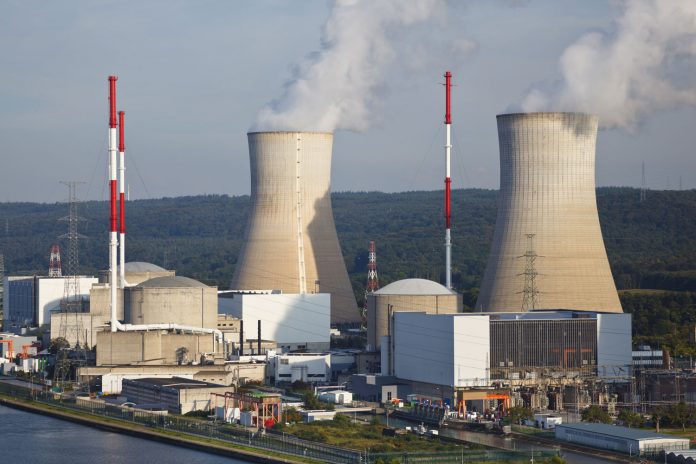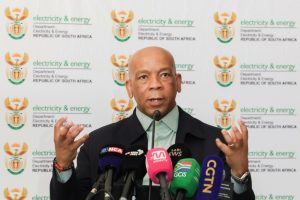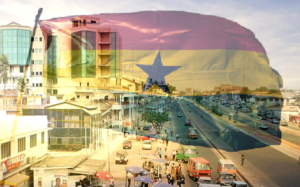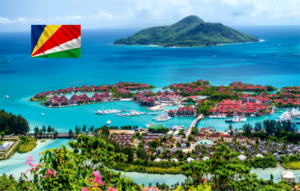South Africa Unveils Nuclear Ambitions in Sweeping New Energy Plan

South Africa is reigniting its atomic ambitions. In a sweeping new energy roadmap, the continent’s most industrialized nation has unveiled plans to revive its once-abandoned modular nuclear reactor project and expand gas generation to boldly pivot a country long powered by coal.
Unveiled by Electricity and Energy Minister Kgosientsho Ramokgopa, the revised Integrated Resource Plan (IRP) charts a R2.23 trillion ($128 billion) investment in energy infrastructure by 2042. This is the largest of the post-apartheid era. Nuclear and gas are expected to make up 16% of South Africa’s electricity capacity within 14 years, up from just 3% today. Coal’s dominance, meanwhile, will shrink from 58% to 27%.

In Ramokgopa words, he declared that “this is the single biggest investment program of the post-apartheid era. It will ensure we achieve energy security while moving toward net-zero electricity generation by 2050.”
The announcement marks both an economic and emotional inflection point for South Africa, whose identity and fortunes have been intertwined with coal for a long time. Generations of miners in provinces like Mpumalanga helped build the economy, even as smog and rolling blackouts eroded public trust. The IRP, officials say, is a chance to reconcile industrial ambition with environmental responsibility.
The revival of the pebble-bed modular reactor that has a futuristic nuclear design, which was first pursued by state utility Eskom in 1999, is now an especial representation of a nation seeking to state its status on the world map of global power. Once advertised as a domestic innovation that could power Africa and generate licensing revenue abroad, the project was shelved in 2010 after devouring nearly $1 billion in development costs. Now, buoyed by what Ramokgopa calls a global nuclear renaissance, Pretoria believes the time is right to try again.
The minister admitted by saying – “globally, there’s a trend of going nuclear. Fourteen of the world’s top financing institutions have committed to supporting their nuclear development going forward”.
Yet not everyone is convinced. Environmental and civil-rights organizations who are freshly out from halting several fossil-fuel projects in court, warn that both nuclear expansion and new gas infrastructure risk locking South Africa into another costly, carbon-heavy future. Liziwe McDaid of The Green Connection-(an environmental NGO) noted that – “We’ve seen this before. These mega-projects often overlook the social and ecological price that communities end up paying.”
However, from many of the Zulu people, the question goes over how the nation will power its cities to what kind of future it wants to build; if it is a nation that will be defined by her fading legacy coal’s energy, or a cleaner (even if riskier) technological leap into the nuclear age.






